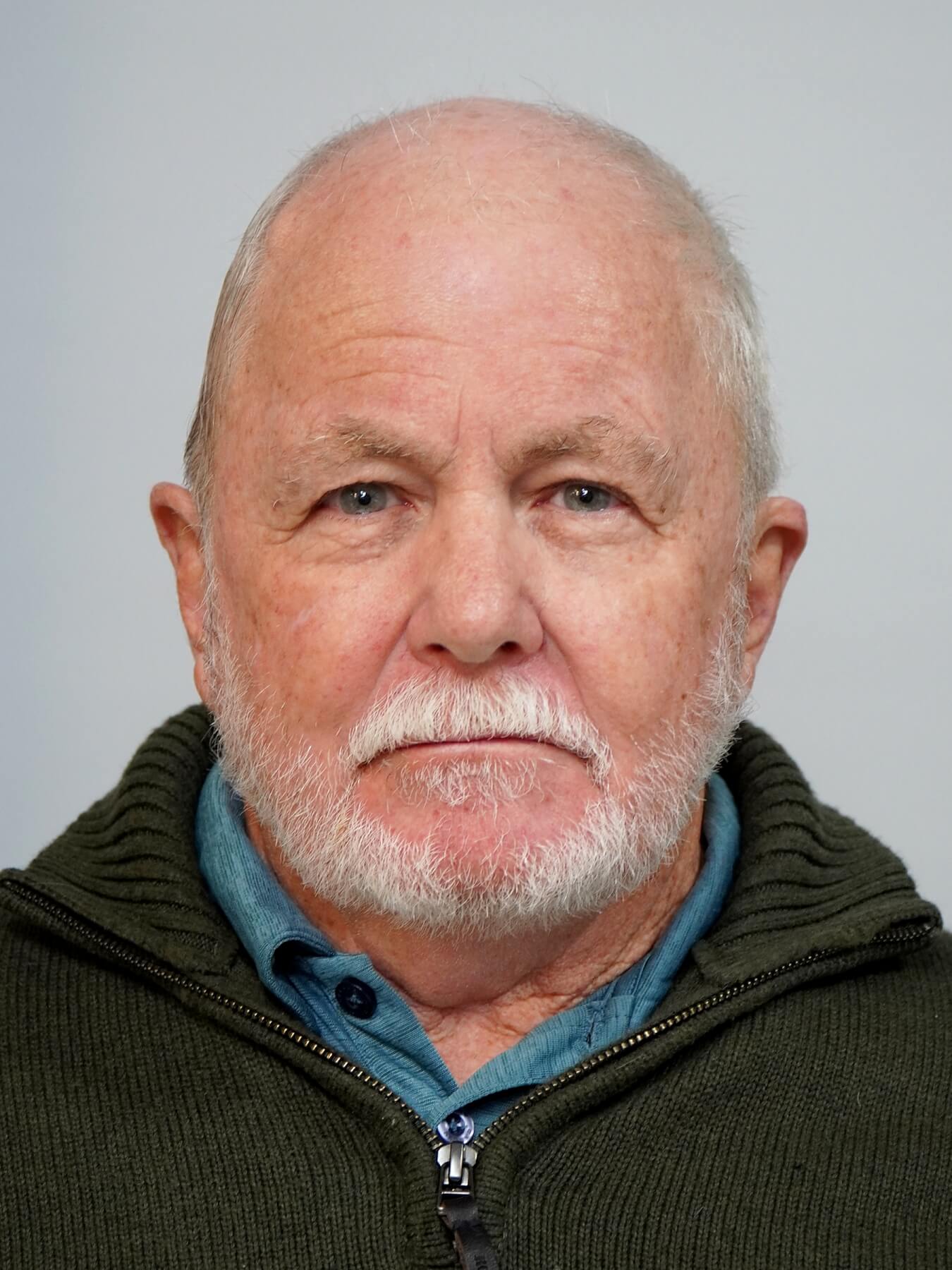
Cambridge Community Board

Graeme Allen – 2025
Graeme Allen – Cambridge Community Board
1. Should councillors sit on the two community boards or should it be just those elected to the board by the public for that specific role? (50 words)
I think it is important a councillor sits on the board as it lends authenticity to the advocacy. A ward councillor has also been voted onto council by the residents in the board area, so would be expected to be involved in the local issues
2. Would you support a Māori ward seat on the community boards? (50 words)
All people in the area have the same ability to stand and be elected onto the board therefore if a person of any ethnicity wishes to have say in the operations in the area they should stand for election as a board member
3. Should the central business district be the main hub for retail and business or should the 15 minute neighbourhood strategy in Ahu Ake be adopted? (50 words)
I would like to see the main business district remain the main hub for retail area for larger purchases but as the town grows it will necessitate ‘local villages’ where residents can access fundamental needs within the 15 minute bike or walk
4. Community board chairs sat in on annual plan, long term plan and other council business during this term. Is that a good thing or it doesn’t go far enough? Te Kanohi representatives have speaking and voting rights at committee meetings, should community board chairs be allowed to have that also? (50 words)
I do not think the board chair needs voting rights in these discussions as there is a ward councillor who can vote but the chair should have speaking rights as they will have a closer relationship with the residents of the area whereas the ward councillor will have wider responsibilities.
5. In the case of the Blue Blob in Cambridge and the Kihikihi Cycleway, the community boards weren’t consulted before it was too late. Should community boards be more involved at an earlier stage? (50 words)
In an issue such as this it would be wise to involve the community board earlier especially as they will the first line of response to any proposal such as this. Early consultation may have resulted in reduced fall out. Community boards should not be kept in the dark as it makes them appear irrelevant.
6. A member of the Cambridge Community Board was on the earlier Cambridge Connections project group but was sworn to secrecy and unable to report back to the board. Was that fair? (50 words)
As a new person to Cambridge, I was not around for this event however, if a community board member is co-opted onto any committee, they have the responsibility to report back to that board. This report could be in committee without being locally reported on, until a definite proposal is tabled for discussion at which time secrecy is removed for feedback.
7. Community advisors were appointed during Covid and the position still exists today. Should they report more regularly through to community boards? (50 words)
There is an advantage in doing so as the community board is closer to the ground here but without discretionary funding to make changes it is for information purposes only. Being appointed by council they mainly should report to them.
8. What sort of decisions could community boards be involved with to take away pressure on councillors? More delegated authority? (50 words)
This question needs to consider how capital intensive these decisions would be as they would involve more staff time to prepare and provide information to the board to make effective decisions. Otherwise, the decisions would continue to be minor discretionary decisions.
9. Should community boards have more funding available for discretionary grants? (50 words)
Yes, the current discretionary fund is very limited so can only be used in a limited number of areas thereby being unable to support other worthy causes.
10. Do you believe Waipā District Council should continue to have community boards? (50 words)
Yes. So long as they are beneficial, being used by residents for feedback or complaints and taken note of by council. If used appropriately they can save council staff time when gauging residents’ comments/opinions.
See: Cambridge Community Board candidates – in their own words








